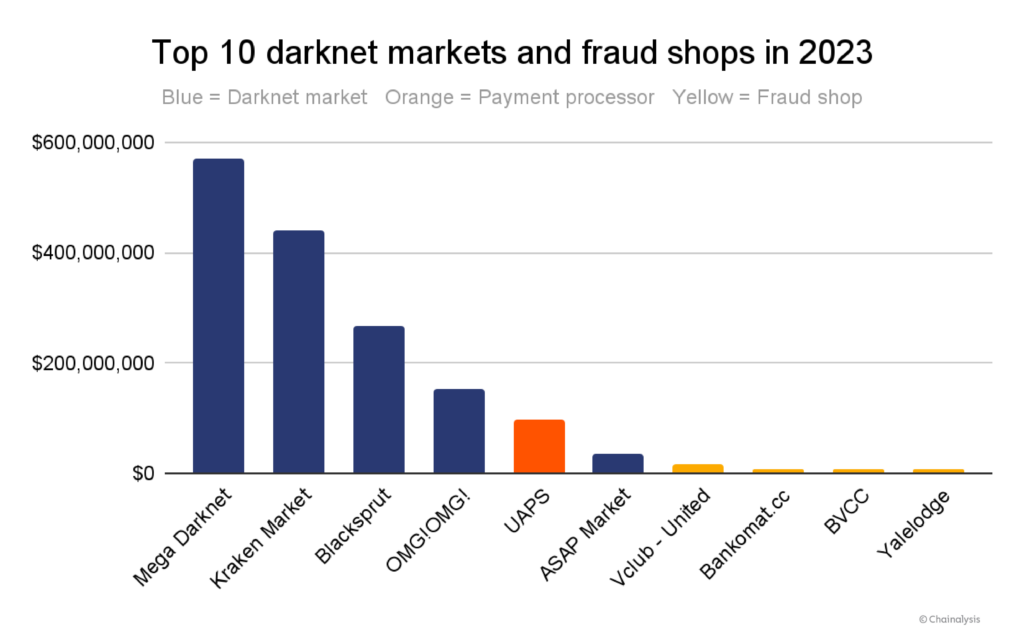Beneath the Surface: Delving into the Dark Web Economies

These concealed corners of the web, often known as the dark web, provide a complicated environment that fascinates both researchers and the curious alike. Although the visible web covers everything most users engage with regularly, the dark web exists outside of conventional search engines, wrapped in levels of encryption and anonymity. This obscurity has fostered a singular ecosystem, primarily known for its secret markets where goods from illegal merchandise to confidential information can be bought and sold.
As we dig deeper into these dark web markets, we uncover not just the exchanges themselves, but also the social implications and the measures that law enforcement has enacted to fight against illegal operations. The appeal and danger that permeate these platforms raise important questions about privacy, legality, and the moral dilemmas surrounding the digital age. Understanding the forces at play in these hidden realms is essential for grasping the broader conversation about security and freedom in an increasingly interconnected environment.
Grasping the Dark Web
The dark web is a section of the web that is not indexed by traditional search engines. It is accessible only through specific software, most commonly Tor, which conceals users' identifying information and positions. This privacy makes the hidden web a haven for a variety of activities, both legal and illegal. Users can communicate and exchange data without readily being tracked, which has significant implications for privacy and security.
Dark web markets, which function within this realm, facilitate the buying and selling of items and services that are often illegal. These markets can span from the transactions of drugs and weapons to stolen data and counterfeit documents. The allure of these platforms lies in the assumed safety they offer to users, allowing them to conduct deals without revealing their true identities. However, the dark web is also rife with scams, and buyers must manage a environment fraught with potential deception and danger.

Despite its image, not all hidden web activities are harmful. There are individuals and communities that use the dark web to safeguard their right of expression, especially in areas where government control is widespread. dark market onion , reporters, and whistleblowers often depend on the hidden web to share data and communicate securely. Thus, while underground markets are often associated with illegal activities, the hidden web itself encompasses a wider spectrum of use cases that highlight the complexities of discreet online interactions.
The Economics of Darknet Markets
Darknet markets operate on a unique economic model that confronts traditional concepts of commerce. They offer a platform for consumers and vendors to engage in transactions while maintaining a degree of anonymity that is crucial in a space often dominated by illicit activities. Cryptocurrencies, particularly cryptocurrency, are the main means of payment, providing a level of anonymity that attracts users seeking to evade monetary oversight. This creates an ecosystem where demand and supply are dictated by the particular goods and offerings available, ranging from drugs to counterfeit items and cyber services.
The competitive landscape of darknet markets fuels an continuous dynamic of price tactics. Sellers often engage in a race to the bottom to attract customers, leading to fluctuating prices based on supply and vendor trustworthiness. High-quality ratings and positive feedback systems play a crucial role in a vendor’s success, as trustworthy sellers command premium prices for their products. This emphasis on trust leads to a unique economy where reviews and ratings, in the form of ratings and feedback, is as valuable as the merchandise being sold.
Moreover, the financial systems of dark web marketplaces are marked by resilience and flexibility. Despite the efforts of law enforcement to shut down these platforms, new platforms frequently arise to take their place left behind. This constant change creates a sense of changeability, where trends shift quickly and new products can reshape priorities in a matter of days. As a result, darknet markets illustrate the intricacy of financial dynamics in an uncontrolled market, showing how market forces can evolve in the shadows while mirroring broader societal responses to illegal activities and the pursuit of individual freedoms.
Dangers and Legal Implications
Participating with darkweb markets carries significant dangers for users, both personal and monetary. One of the primary threats is the existence of frauds and dishonest sellers. Many sellers operate with impunity, making it easy for unsuspecting customers to lose their funds without receiving the promised products. Additionally, the dark web is filled with malicious software, which can compromise security and lead to identity fraud if individuals inadvertently install malicious software while navigating these platforms.

The legal implications of accessing the dark web can be severe. Law enforcement agencies around the world are more frequently surveilling darkweb transactions, and individuals caught buying prohibited items or services can face significant legal action. Even mere ownership of certain digital goods obtained from these markets may result in legal trouble. It is crucial for individuals to understand the laws surrounding their activities, as lack of knowledge is not typically considered as a valid defense in court.
Moreover, being engaged in darkweb deals can expose individuals to threats beyond legal problems. Users may become targets of hacking or physical harm, as some dealings can involve hazardous substances or illicit services. The privacy promised by darkweb platforms can create a false sense of security, but it is essential to recognize that revealing sensitive data, even accidentally, can lead to serious outcomes. As such, those considering venturing of these platforms should consider the prospective risks carefully.
